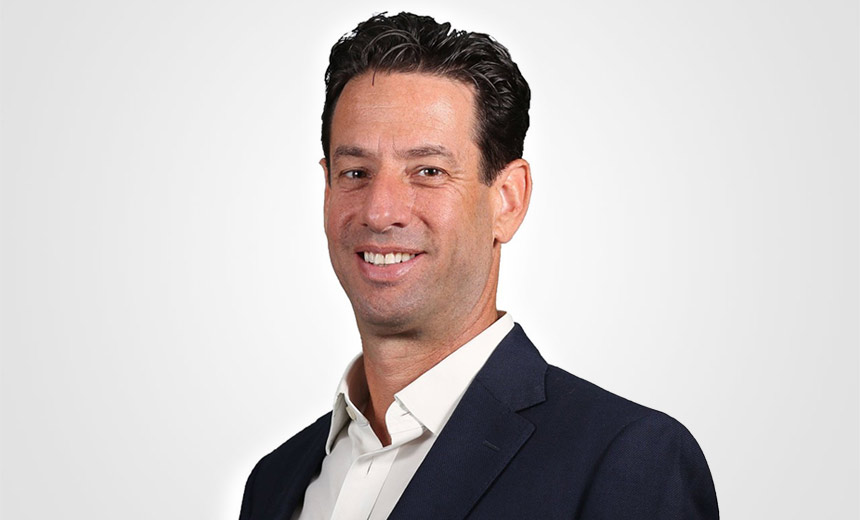Critical Infrastructure Security
Delta-v Led Round to Enhance Critical Infrastructure Security, Extend Runway to IPO

A cyber-physical systems security powerhouse hauled in $100 million to expand its presence in the public sector and transportation and pursue acquisitions in areas such as microsegmentation.
See Also: User Entity & Behavior Analytics 101: Strategies to Detect Unusual Security Behaviors
The strategic growth funding from Delta-v Capital will give New York-based Claroty the financial runway needed to expand into heavily regulated verticals and deepen its presence in markets such as the United States and Japan, according to CEO Yaniv Vardi. The company will consider M&A to broaden its technological capabilities and gain more market share in verticals or territories Claroty deems critical.
“We wanted to make sure that we have the financial runway that we need to secure the additional verticals and territories we want to go after,” Vardi told Information Security Media Group. “We also want to expand our technology capabilities to provide a one-stop shop, a comprehensive platform with all the necessary capabilities for the critical infrastructure organizations.”
Vardi declined to provide a valuation associated with Claroty’s latest round of financing, though Globes reported the company is now worth $2.5 billion. The money comes 27 months after Claroty closed a $400 million Series E funding round led by SoftBank and used the funds to buy healthcare IoT security startup Medigate. The company first surpassed $100 million in annual recurring revenue last year (see: Claroty CEO Yaniv Vardi on the Need to Guard Medical Devices).
The Appeal of a Microsegmentation Acquisition
Buying a microsegmentation company could be a good fit for Claroty given the company’s focus on network protection and desire to protect customers through firewalls or more tightly defined zones, Vardi said. Claroty is also open to acquiring companies with market share, a strong customer base and revenue in verticals where the company wants to grow faster or offer customers more services.
“We want to grow bigger, faster when it makes sense to add more value to our customers,” Vardi said. “If we see that, in certain verticals, our customers will benefit from more capabilities through someone that already has market share, like a service provider, we will definitely consider that.”
Vardi said Claroty plans to focus on the transportation vertical since new regulations from the U.S. Transportation Security Administration are driving customer investment. Claroty already counts five airlines among its customers, along with a smattering of airports and shipping ports. Going forward, Claroty will attend more transportation events, map to the vertical’s regulations, and evangelize its tools.
“We want to grow bigger, faster when it makes sense.”
– Yaniv Vardi, CEO, Claroty
The assets, devices and networks in the public sector are similar to those Claroty encounters in the healthcare, industrial and manufacturing spaces, but the way the U.S. government protects them is different. Claroty is in the process of getting FedRAMP-certified, and Vardi wants to leverage the company experience, know-how and data to better support customers in public sector industries.
Becoming Bigger in Japan and the US
Claroty already offers visibility and protection for critical infrastructure organizations across verticals such as life sciences, automotive, utilities, food and beverage, and oil and gas through a one-stop offering that also includes network detection and securing remote operations. The company has focused on gaining more visibility into physical assets to better protect them along with segmenting to spot critical issues.
From a geographic standpoint, Vardi said, Claroty wants to direct marketing and customer support resources to the United States – which is the company’s largest market today – along with Japan, which is the world’s fourth-largest industrial economy. Claroty also wants to focus on countries with robust industrial regulations such as the United Kingdom, Germany, Italy, France, Singapore and Brazil, he said.
As far as metrics are concerned, Vardi is most focused on annual recurring revenue, net retention rate and achieving efficient growth toward profitability. Claroty has closely monitored its sales efficiency, customer acquisition costs and the Rule of 40 to ensure the company is ready for an initial public offering when market conditions become more favorable, according to Vardi.
“We have been going through IPO readiness for quite some time now because we want to make sure we follow the right processes for a healthy company, regardless of IPO,” Vardi said. “I could be ready for an IPO now, but I don’t think the market is ready.”
